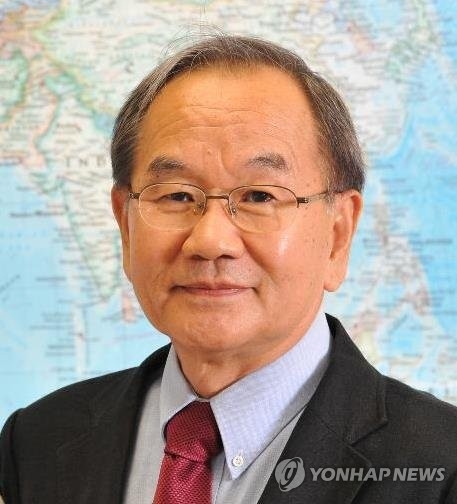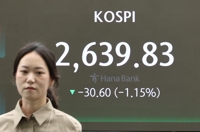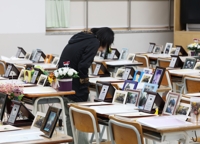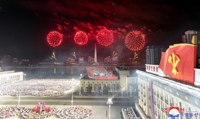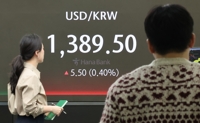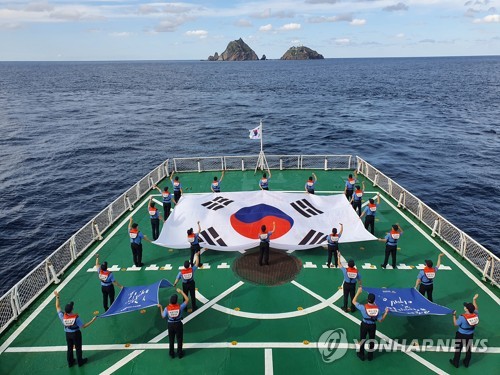(Yonhap Feature) Foreign-run university in N. Korea serves as window to rare capitalist education
By Park Boram
SEOUL, March 19 (Yonhap) -- A small university run by foreigners on the outskirts of Pyongyang has trained young North Koreans on capitalist skills for several years.
Opened in 2010 by the Northeast Asia Foundation for Education and Culture, a South Korean Christian charity organization, Pyongyang University of Science & Technology (PUST) is the only privately run school in the North, where all education is provided free of charge.
With its faculty members composed of volunteer professors from abroad, the university offers all-English courses on international finance and management, computer engineering and life science for some 550 undergraduate and graduate students in the North with a stated goal of promoting North Korea's globalization and economic independence.
"At the time of the school's opening, more than 90 percent of the North Korean leadership were reportedly opposed to it because of the thinking that this school could put the nation at risk," Yu-taik Chon, president of PUST, said in a lecture introducing his school in Seoul last month.
Even now, after many years of the school's operation, the regime's "biggest concern is whether the students would get influenced by us and transform rapidly," the Korean-American said, alluding to the North's fear of ideological influence from outside and subsequent control of external information.
Such caution drove a wedge between the foreign faculty and the students at first before the regime and the students gradually embraced the rare access to the vast body of capitalist training and expert knowledge.
A separate group of North Korean officials kept close watch over the foreign professors, with some students reporting professors' ideologically suspicious remarks or criticism of the regime to the authorities.
Freshmen were often at a loss about how to behave with foreign professors, including those from the United States, Chon said, indicating the North Korean education system's antagonism toward what the regime often calls "U.S. imperialism."
About two years into their university lives, however, students ease up on their "hostile" attitudes and even get to mingle friendly with professors.
"No matter where we come from or what color of skin we have, we are the same family of PUST," the president quoted a student representative as saying in his farewell speech at the graduation ceremony in March last year.
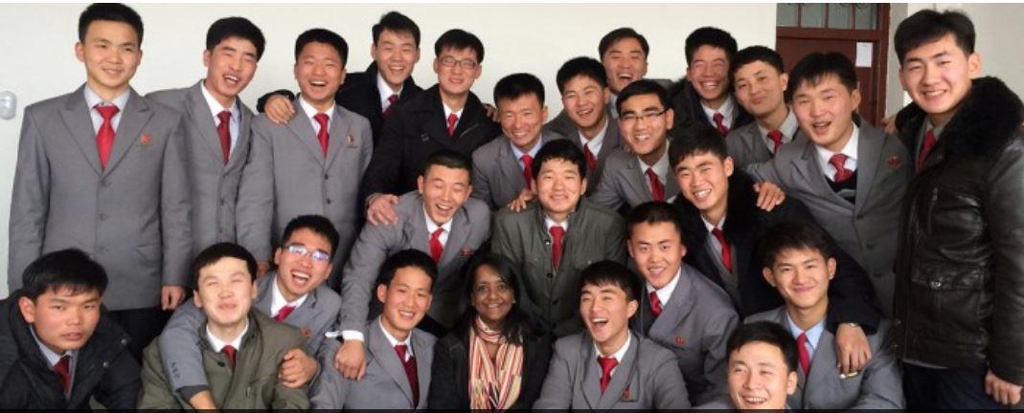
This photo captured from the website of Pyongyang University of Science & Technology on March 16, 2018, shows North Korean students posing happily with a foreign teacher. (Yonhap)
With years of trust building with students and the regime behind it, PUST has established itself in North Korea as a popular, prestigious university that draws the best and brightest high-school graduates.
"It is the sole international university in the country, teaching financing technology and the capitalist economy. It is out of the question in other schools there," the president said. PUST students are also allowed a rare access to the Internet and selectively given chances to seek master's degrees in Europe, Brazil, China and other foreign countries," Chon said.
Now PUST graduates form a rare group of highly coveted workers by North Korea's nascent financial industry, which has seen recent openings of insurance firms and a foreign exchange bank, according to him.
"As the country does trade with many other countries, they need (more) banks and those who know (financial) contracts. So they created a kind of foreign exchange bank, but they didn't have people who can work there. That's where our students came in with their financial knowledge," he said. "Now they are enthusiastically welcomed."
Others go on to open courses on those monetary subjects new to North Korea in other prestigious universities like Kim Il-sung University and Kim Chaek University of Technology or choose to join an affiliated science research institute at the alma mater.
However, PUST hit a major stumbling block in its operations last year with the U.S. government's imposition of an entry ban into North Korea, a punitive action taken after the death of American college student Otto Warmbier who was imprisoned in North Korea.
The restriction taken in September left many American professors, including the president, unable to give lectures at the university when the school was already feeling the pinch of the United Nations and the U.S.' economic sanctions on the country.
"People with U.S. nationality are currently unable to go to Pyongyang. I became a university president who cannot visit his school less than one year after my appointment. So I am now remotely supporting the university from China," Chon said.
About half of the university's some 75 professors are Americans. With the absence of half of the faculty since late last year, many courses have been temporarily replaced with Chinese language classes provided by Chinese volunteer teachers.
"The entry ban caused a big chaos as other non-American professors were also unwilling to travel to North Korea," he said.
The university's ambitious plan to add a new medical department has been put on hold due to difficulties in transferring funds for the construction of a new building, as well as in bringing in American medical professors.
"UN sanctions are creating a lot of inconveniences. Our school is not listed in the sanctions list, therefore money transfer is not illegal for us. But we cannot get the transfer of the funds we have in the U.S. because (American) banks are unwilling to do it. It might be because they are worrying that could influence their other businesses," the president said.
As a graduation ceremony is slated for March 28, he has requested the U.S. government's special exemption from the entry ban so he can attend the event.
"But that is not going very well," he said.
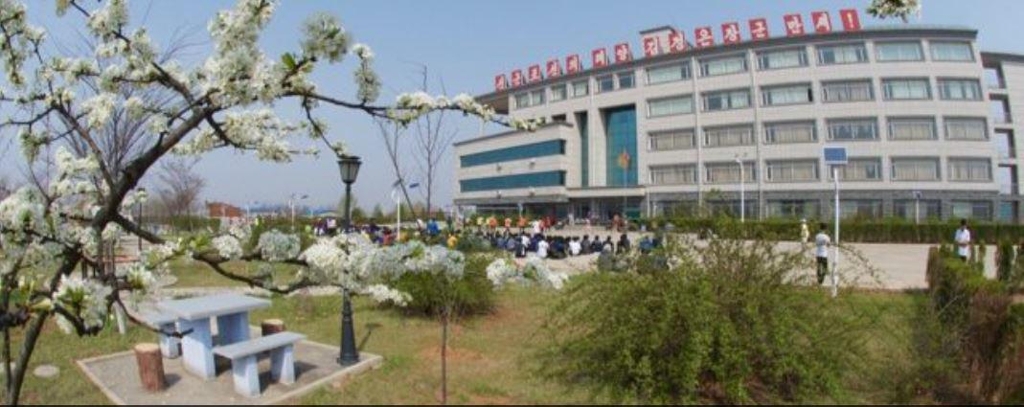
This photo captured from the website of Pyongyang University of Science & Technology on March 16, 2018, shows the school's main building. (Yonhap)
Still, Chon has a vision of PUST serving as a model to show how a unified Korea can work together in the future.
"PUST is a place where the people (of the two Koreas) could meet together and where we can instill international perspectives to future Korean generations and prepare them for the outside world," the Korean-American president said.
pbr@yna.co.kr
(END)
-
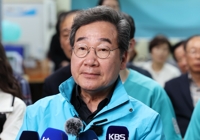 Ex-PM suffers crushing defeat
Ex-PM suffers crushing defeat -
 Defense chief says N. Korea's hypersonic missile 'unsuccessful' in last-stage glide flight
Defense chief says N. Korea's hypersonic missile 'unsuccessful' in last-stage glide flight -
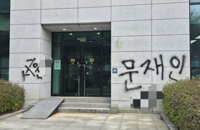 Man in his 40s nabbed for spray-painting slurs toward ex-President Moon
Man in his 40s nabbed for spray-painting slurs toward ex-President Moon -
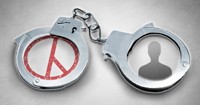 Police catch 1,681 over alleged election law violations
Police catch 1,681 over alleged election law violations -
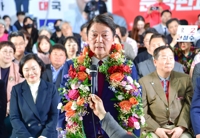 PPP lawmaker says entire Cabinet should resign over general elections defeat
PPP lawmaker says entire Cabinet should resign over general elections defeat
-
 Defense chief says N. Korea's hypersonic missile 'unsuccessful' in last-stage glide flight
Defense chief says N. Korea's hypersonic missile 'unsuccessful' in last-stage glide flight -
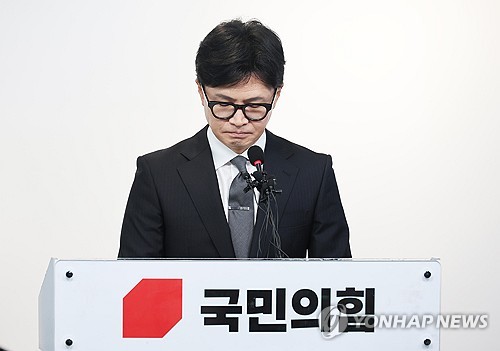 Ruling party leader resigns following election defeat
Ruling party leader resigns following election defeat -
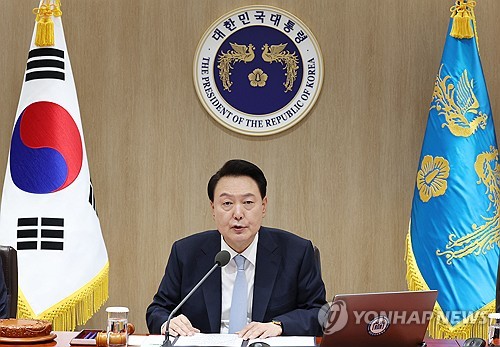 (LEAD) Yoon vows to improve communication with people after election defeat
(LEAD) Yoon vows to improve communication with people after election defeat -
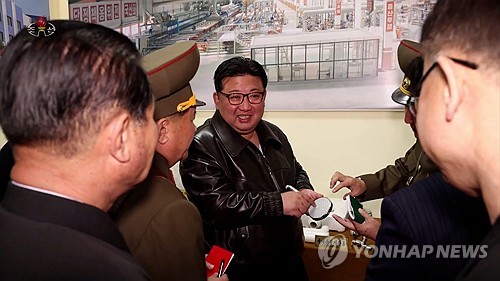 N.K. leader vows to deal 'death-blow' to enemy in event of confrontation: KCNA
N.K. leader vows to deal 'death-blow' to enemy in event of confrontation: KCNA -
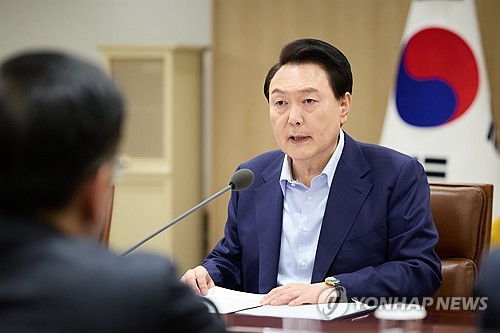 Yoon presides over emergency meeting on Mideast crisis
Yoon presides over emergency meeting on Mideast crisis
-
 N. Korea has capability to genetically engineer biological military products: U.S. report
N. Korea has capability to genetically engineer biological military products: U.S. report -
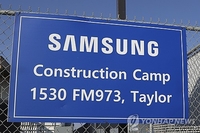 (3rd LD) U.S. unveils US$6.4 bln in CHIPS Act grants to Samsung Electronics
(3rd LD) U.S. unveils US$6.4 bln in CHIPS Act grants to Samsung Electronics -
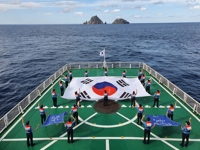 (LEAD) S. Korea 'strongly' protests Tokyo's renewed claims to Dokdo, calls in Japanese diplomat
(LEAD) S. Korea 'strongly' protests Tokyo's renewed claims to Dokdo, calls in Japanese diplomat -
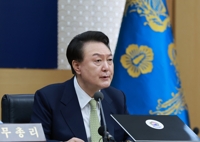 (LEAD) Yoon to address election defeat Tuesday
(LEAD) Yoon to address election defeat Tuesday -
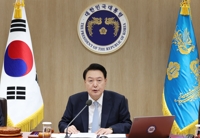 (LEAD) Yoon vows to improve communication with people after election defeat
(LEAD) Yoon vows to improve communication with people after election defeat
